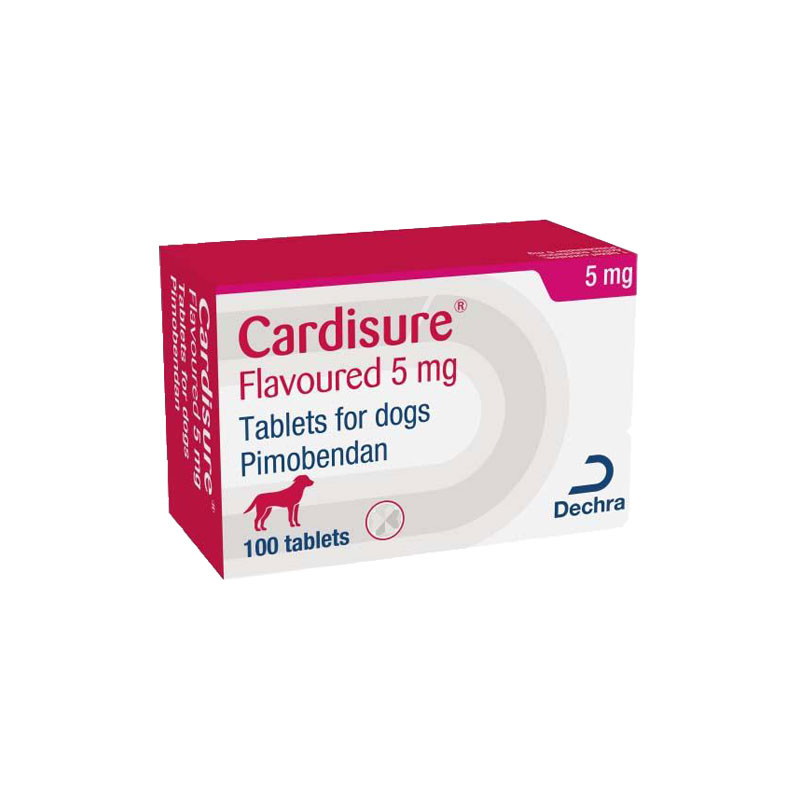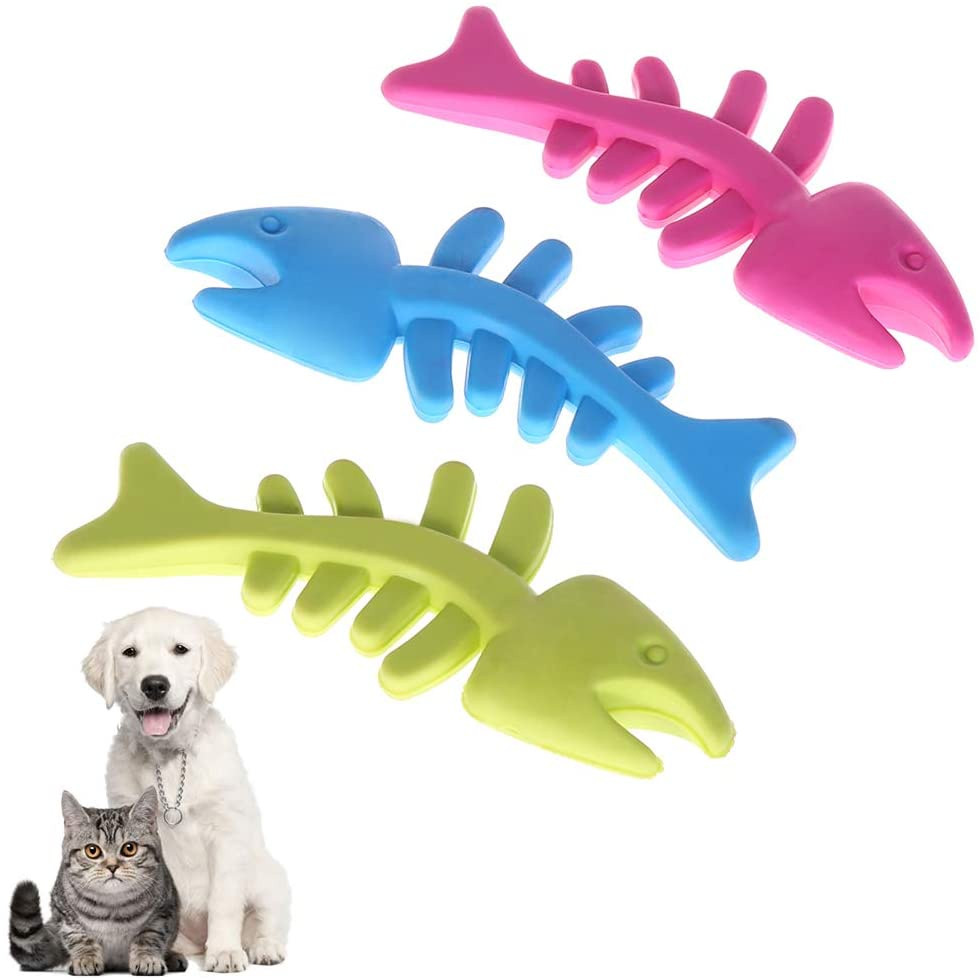



Cardisure 1.25 mg & 5 mg – Flavoured Tablets for Dogs – Supports Heart Function in Dogs
Reviews & Ratings
Cardisure 1.25 mg & 5 mg – Flavoured Tablets for Dogs – Supports Heart Function in Dogs
Veterinary Prescription Medication – Cardiac Support
Cardisure® is a palatable, flavoured tablet available in 1.25 mg and 5 mg strengths, formulated with pimobendan, a veterinary-prescribed medication used for the treatment and management of congestive heart failure (CHF) and dilated cardiomyopathy (DCM) in dogs. It is also indicated in preclinical DCM to delay the onset of CHF or sudden cardiac death in large breed dogs.
Active Ingredient:
-
Pimobendan
-
1.25 mg per tablet
-
5 mg per tablet
-
Indications:
-
Management of CHF caused by valvular insufficiency (mitral and/or tricuspid regurgitation)
-
Treatment of dilated cardiomyopathy (DCM)
-
Support for preclinical DCM in large breed dogs to delay CHF progression
Dosage & Administration:
-
Total daily dose: 0.5 mg of pimobendan per kg body weight
-
Divided into two doses of 0.25 mg/kg, given approximately 12 hours apart
-
Administer orally on an empty stomach (at least one hour before food)
-
Tablets are scored for easy and accurate dosing
Choose the appropriate strength (1.25 mg or 5 mg) based on your veterinarian's guidance and your dog's weight.
Precautions:
-
Not suitable for dogs with hypertrophic cardiomyopathy or aortic stenosis
-
Use cautiously in cases of severe hepatic impairment
-
Monitor blood glucose in diabetic dogs
-
Regular veterinary monitoring of heart function and structure is advised during treatment
Possible Side Effects:
-
Rare: Vomiting, diarrhoea, anorexia, lethargy
-
Very rare: Bleeding signs (e.g., petechiae, subcutaneous haemorrhages), typically reversible upon discontinuation
-
Some dogs may show increased mitral valve regurgitation with prolonged use
Storage Instructions:
-
Store below 25°C
-
Protect from light and moisture
-
Use divided tablets within 3 days and return to opened blister pack
Packaging:
-
Available in blister packs of 100 flavoured tablets
-
Strengths: 1.25 mg and 5 mg
Manufacturer:
-
Dechra Veterinary Products
Important Note:
Cardisure® is a prescription-only medication. Always consult your veterinarian for proper diagnosis, dosing, and monitoring tailored to your pet’s specific condition.









